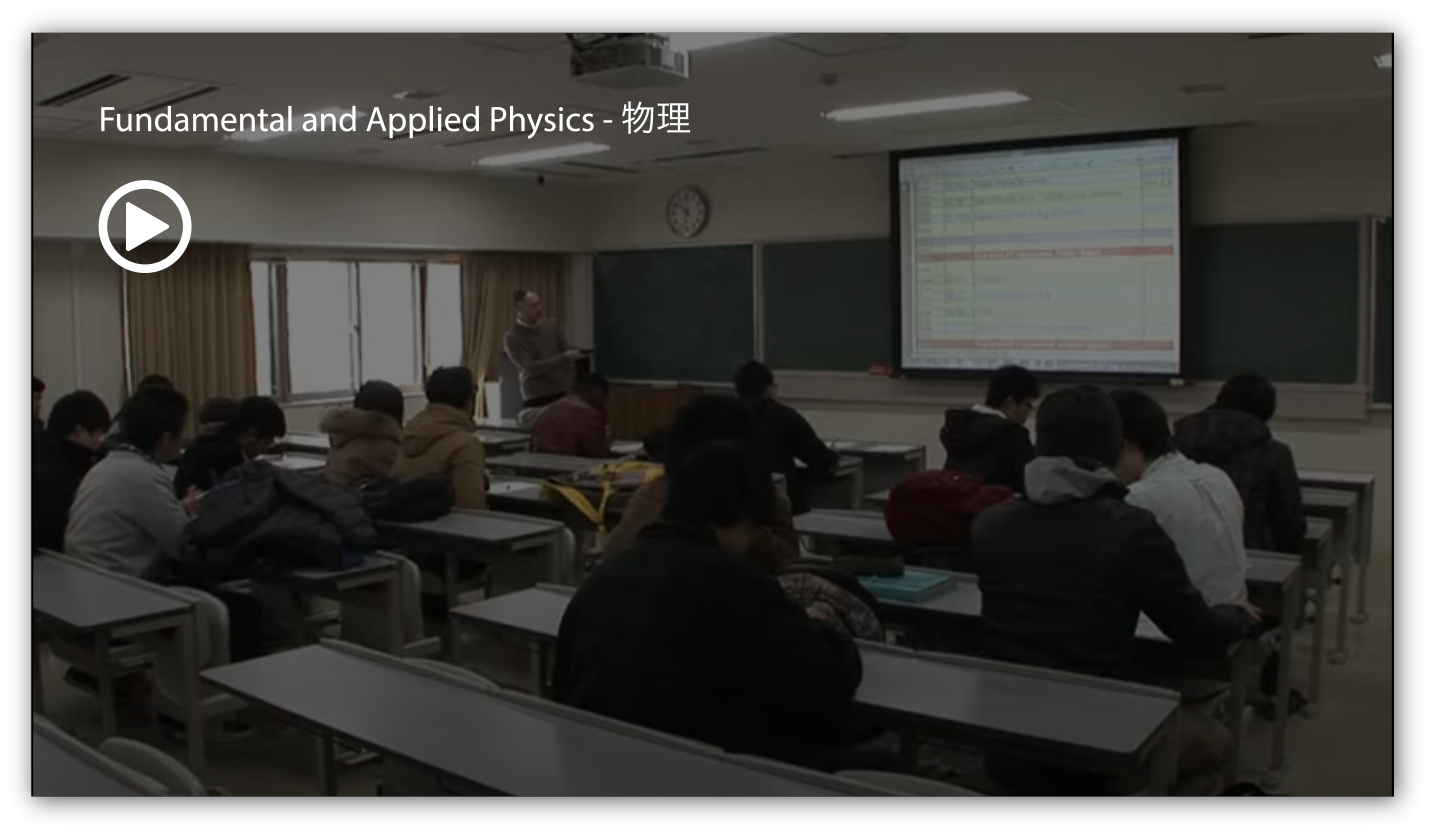Scroll Down
Automotive Engineering Program
Physics Program
Chemistry Program
Biological Science Program
Social Science Program
Japan-in-Asia Cultural Studies (JACS) Program
Automotive Engineering Program
Civil and Environmental Engineering Program
Earth and Environmental Sciences Program
Engineering Physics Program
Physics and Mathematics Program
Chemistry Program
Biological and Bioagricultural Sciences Program
Master of Public Health Program
Medical Science Program
Economics and Business Administration Program
Linguistics and Cultural Studies Program
Japan-in-Asia Cultural Studies Program
Other Programs
Law and Political Science Program
International Development and Cooperation Course
Young Leaders’ Program (YLP) Healthcare Administration Course
© GLOBAL 30 INTERNATIONAL PROGRAMS ALLRIGHTS RESERVED.
© GLOBAL 30 INTERNATIONAL PROGRAMS ALLRIGHTS RESERVED.




